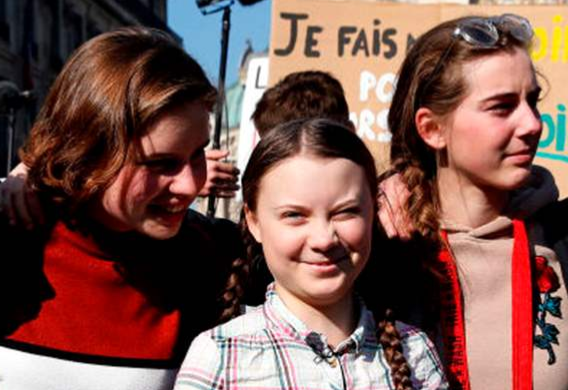Climate records fall as Europe bakes in heatwave
Soaring temperatures broke records in Germany, France, Britain and the Netherlands on Thursday, as a heatwave gripped Europe for the second time in a month in what scientists said were becoming more frequent events as the planet heats up.
– Paris saw its highest temperature since records began and Britain reported its hottest weather for the month of July.
– The mercury in Paris touched 42.6 C (108.68 F) in mid-afternoon, above the previous Paris record of 40.4 C (104.72 F) recorded in July 1947.
– In Britain, the temperature reached its highest for July, hitting 38.1 C (100.58 F), said the Met Office, the national weather service.
– An all-time high was measured in Germany for a second day running, at 41.5 degrees Celsius (106.7 degrees Fahrenheit).
– In the southern Netherlands, the temperature peaked at 40.4 C (104.7 F), topping 40 C (104 F) for the first time on record, Dutch meteorology institute KNMI said. That broke the national record of 39.3 C set the previous day. Before this week, the national heat record had stood for 75 years.
Climate specialists said such heatwaves are becoming more frequent as a result of global warming from greenhouse gas emissions.
[Reuters]

 This group of schoolchildren are part of an ever-growing movement. In May, more than a million children in 1,600 towns in at least 125 countries took part in the school strikes for justice.
This group of schoolchildren are part of an ever-growing movement. In May, more than a million children in 1,600 towns in at least 125 countries took part in the school strikes for justice.